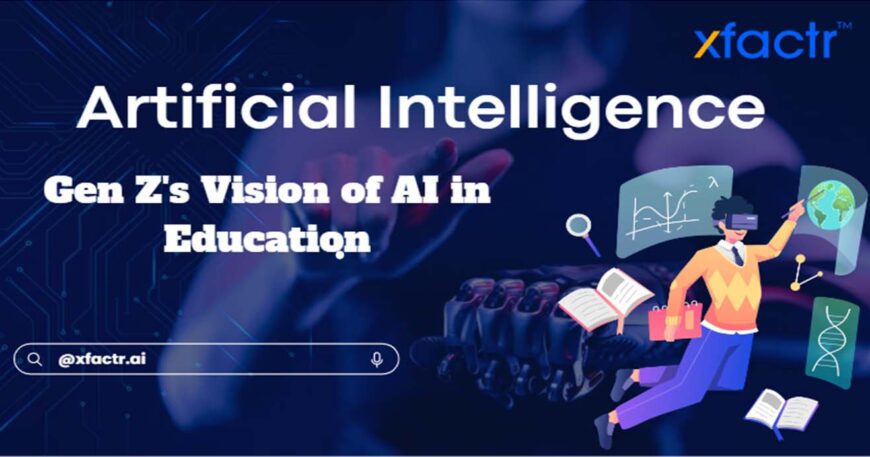Artificial Intelligence (AI) is rapidly transforming various sectors, and education is no exception. Gen Z, the first truly digital-native generation, has a unique perspective on how AI can and should be integrated into educational systems. Here’s a look at how Gen Z envisions the role of AI in education.
Introduction
As the most technologically adept generation, Gen Z sees AI as a powerful tool that can democratize education, personalize learning experiences, and bridge gaps in accessibility. Their vision of AI in education is not just about enhancing learning but also about addressing the ethical and practical challenges associated with its use.
Personalized Learning
Tailored Educational Experiences
One of the primary benefits of AI in education, according to Gen Z, is the ability to provide personalized learning experiences. AI can analyze individual learning styles, strengths, and weaknesses to tailor educational content accordingly. This level of personalization can help students grasp complex concepts more effectively and at their own pace.
Example: Adaptive learning platforms like DreamBox,Knewton and xfactr use AI to adjust the difficulty of lessons in real-time, providing a customized learning path for each student.
Accessibility and Inclusivity
Breaking Down Barriers
Gen Z believes that AI has the potential to make education more inclusive and accessible. AI-powered tools can assist students with disabilities, offering features like speech-to-text, text-to-speech, and real-time translation. This can significantly enhance the learning experience for students who might otherwise face challenges in traditional educational settings.
Example: Microsoft’s AI-powered tools, such as Immersive Reader, help students with dyslexia and other reading difficulties by providing text decoding solutions and readability enhancements.
Enhanced Engagement
Interactive and Immersive Learning
AI can transform traditional learning methods into more engaging and interactive experiences. Virtual reality (VR) and augmented reality (AR) powered by AI can create immersive learning environments that make complex subjects more relatable and exciting. Gen Z values these innovative approaches that can turn learning into a more enjoyable and impactful activity.
Example: Platforms like Nearpod and Google Expeditions allow students to take virtual field trips and engage in interactive lessons, making learning more dynamic and memorable.
Ethical Considerations
Addressing Bias and Fairness
While Gen Z is enthusiastic about the benefits of AI, they are also acutely aware of its ethical implications. They recognize the potential for bias in AI algorithms and the importance of ensuring fairness and transparency. Gen Z advocates for the development and implementation of ethical guidelines to govern the use of AI in education, ensuring that it benefits all students equitably.
Example: Initiatives like the AI Ethics Lab are working towards creating frameworks that address ethical concerns in AI, promoting fairness and accountability.
Preparing for the Future
Skills for the AI Era
Gen Z understands that the future workforce will require a different set of skills, and they see AI as a tool to help develop these skills. They believe that education systems should integrate AI literacy into the curriculum, teaching students how to use AI tools and understand their implications. This will prepare them for a future where AI is ubiquitous in the workplace.
Example: AI4ALL is an organization that promotes AI education for young people, particularly those from underrepresented groups, to ensure diverse participation in AI fields.
Conclusion
Gen Z’s vision of AI in education is both aspirational and pragmatic. They see AI as a means to enhance personalization, accessibility, and engagement in learning while also being mindful of ethical challenges. By integrating AI thoughtfully and responsibly, educational institutions can create a more inclusive, effective, and future-ready learning environment.
Call to Action: What are your thoughts on AI’s role in education? Share your insights and experiences in the comments below


